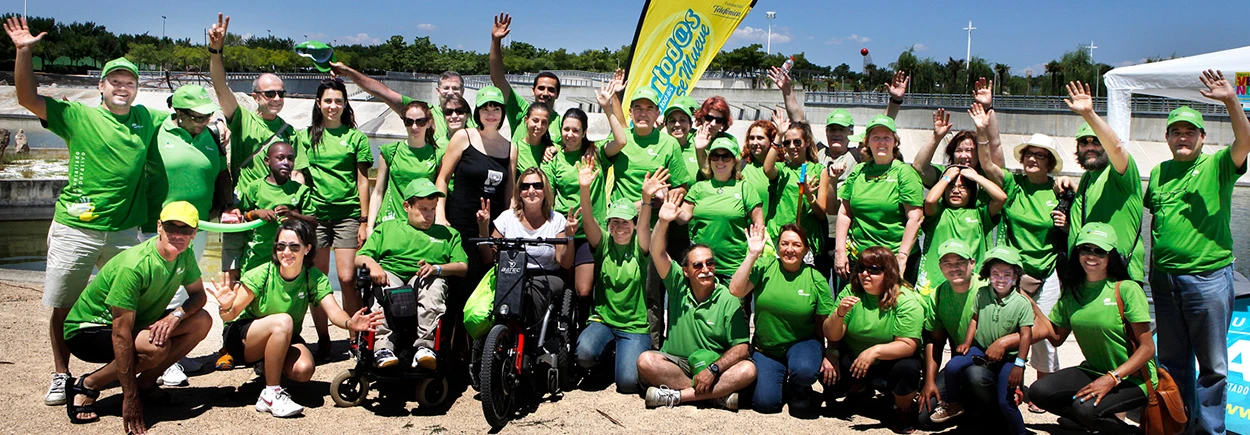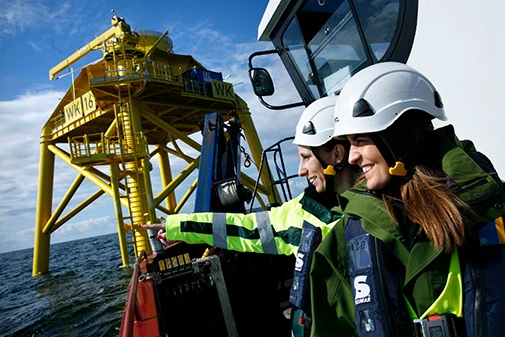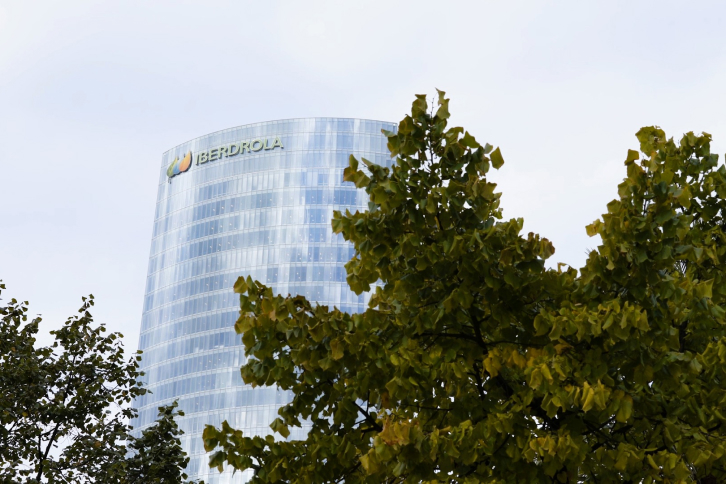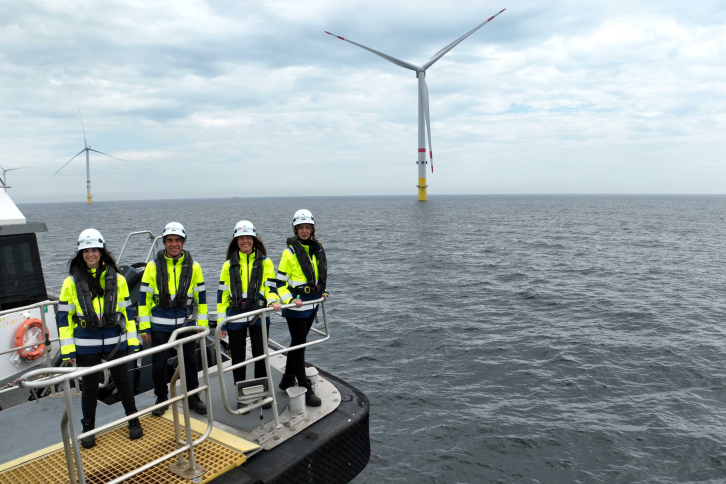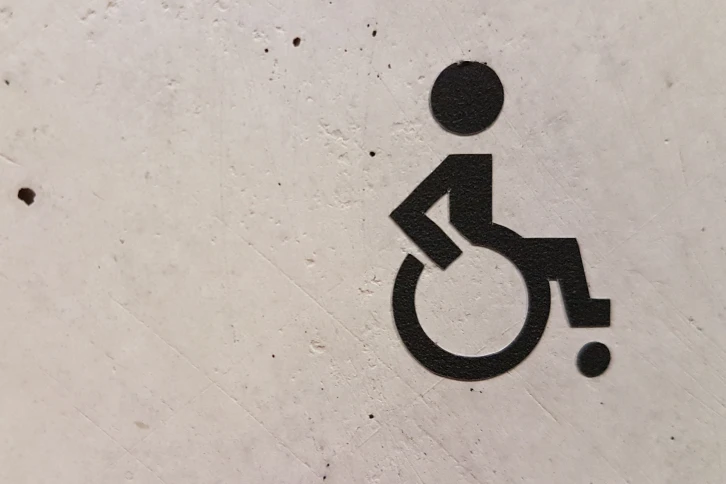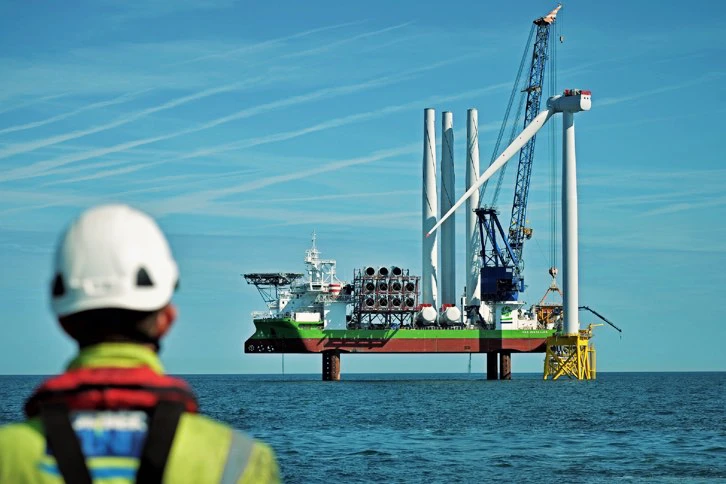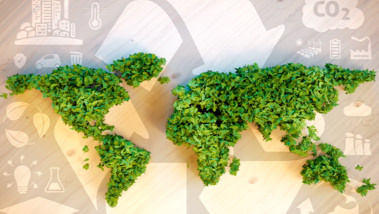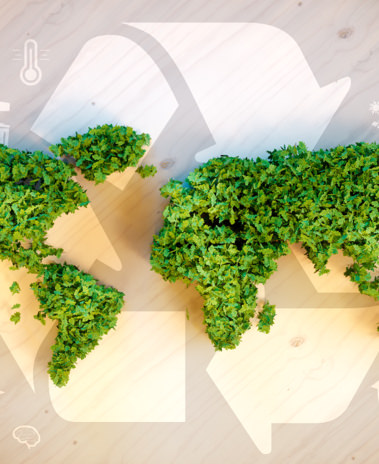-
The unstoppable growth of technology has transformed our habits and behaviour and created unprecedented dilemmas which could put our future as a digital society at risk. The solution? A new set of ethics based on the source of this change: the Internet.
The fight against climate change is one of the main challenges facing the planet today. To minimise its negative impact, the aim is to achieve a climate neutral economy by 2050. The transition to this will imply structural changes with a strong impact on certain regions, areas and groups. Such a transition must be fair, to avoid leaving anyone behind.
-
Girls' self-esteem, ambition and expectations are the first victims of gender stereotypes. Therefore, eradicating clichés and their associated behaviours should be a priority for any society and should begin in schools. Some initiatives advocate introducing female role models into the classroom as a first step.
Emergency situations require urgent action, which in turn requires human and material resources. Fundraising plays a fundamental role in obtaining these resources. Food and water, medicines, clothing, money... It doesn't really matter what it is, what really matters is where it's going.
-
Digital transformation is the key to business competitiveness in a changing and increasingly demanding market. However, for this technological reform to be successfully completed, a corporate culture is needed to promote innovation and creativity within companies.
You don't have to be a super-heroine or an exceedingly talented athlete to do a triathlon; all you need is the right training and a desire to better yourself. It is a discipline in which men and women compete on equal terms, which explains the boom in women's triathlon.






